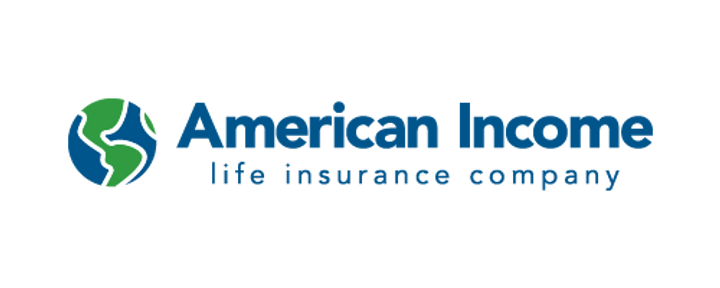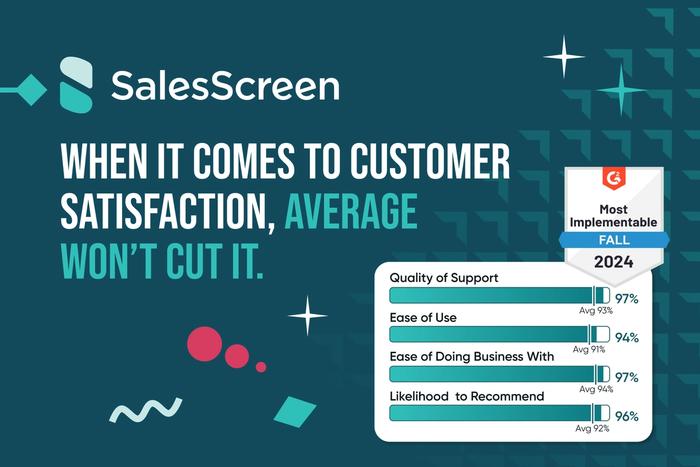Michael Mandella is a State General Agent at American Income Life Insurance. He's tasked with overseeing three different offices and manages a team of 55 sales agents. Here's a recap of our conversation with him regarding increased productivity using SalesScreen's platform. Plus, the surprising benefit he found in incentivizing his team's CRM adoption. Here's what he had to say:

SalesScreen: What’s your role at American Income Life?
Michael Mandella, Regional Sales Manager, American Income Life Insurance: I'm a Regional Sales Manager at American Income Life Insurance. I oversee three different offices and around fifty-five agents, although everyone is working remotely at the moment.
SS: And having SalesScreen, do you feel you guys were way ahead in terms of working remotely?
MM: Absolutely. We are always looking for the next big thing to stay ahead of our competition and to push our internal sales competition. That's really who we compete with. This technology allows us to be three or four years ahead of the competition, right at the bleeding edge of recognition and gamification.
SS: What were the key problems you were trying to solve?
MM: Our biggest issue was within the Insurance industry. It felt like everything was 20 years behind. And we wanted to make Insurance more appealing to a different type of agent. Most of the people we're recruiting are millennials. If you want to grow as a company, you have to be able to appeal to the people you want to work with. And SalesScreen is providing us with an outlet to be able to do that.
SS: Was there anything that surprised you about SalesScreen?
MM: To be honest, I thought it'd be difficult to get user implementation and utilization, so what surprised me was the ease of use and implementation. And it's just gotten easier for us because while working from home we’re all in front of a computer, which was never the case before, so we love SalesScreen and how intuitive it is to use.
SS: What's your favorite element of SalesScreen?
MM: My personal favorite aspect is the battle part, but that's just because I'm really competitive! And having that social aspect is more important now than it's ever been. With all these upheavals that we're all experiencing, SalesScreen has been a great way to reinforce that agency bond and let everyone share in each other's successes. And, as a sales manager, being able to share information across the agency in a way that's easily digestible makes all the difference.
SS: How much are you growing a year percentage-wise?
MM: Over the past year, we’ve increased our revenue by over 250 percent! Plus our agent retention is in the high forties and fifties which, for an industry where the average is more like ten, is very high. I feel SalesScreen has played a significant role in keeping those agents around for longer. SalesScreen has allowed us to take people that don't have experience in the industry and show them that they can have success in the Insurance world. SalesScreen is not just a bunch of hype and it shows you that you can make money. And, as it's happening in real-time, the agents get to see their recognition. We used to have a heck of a time trying to get reports from agents, but with SalesScreen they want to get that recognition, which is great for everyone.
SS: And do you find the competition module helpful?
MM: Yeah, whenever we're running a contest, we use that aspect. Now it’s integrated into the actual sale process. It means we can get everybody involved. We know that our top twenty percent of performers are going to go out and deliver, but we're always trying to get the other eighty percent more motivated. And SalesScreen allows for us to have competitions that are based on factors other than the top performer of the week.
SS: In our analysis, we typically see an increase in productivity during these competitions. Have you experienced something similar?
MM: If we're going to run a production contest, we'll see an increase in production for sure. And we definitely see more engagement. As a sales manager, we'll see an actual increase in revenue because everyone in the team is participating.
SS: And what does it mean for you as the manager to have access to a tool like SalesScreen?
MM: Well, having access to SalesScreen’s analytics and being able to see trends, that's something that you can't get in an Excel sheet. With SalesScreen, you can see people's individual progress. And being able to see where they were three or four months ago compared to where they are now, allows us to be proactive instead of reactive.
SS: And what aspects of SalesScreen would you miss the most if they weren’t there?
MM: Mostly the cohesion that it brings to the agency. We're spread out all over the country right now, so I would miss that sense of camaraderie and competition that it has given us. I'm happy we have SalesScreen, and we're looking to get even more out of it, especially as we continue to grow. We've been experiencing significant growth and we believe we can create further scale, especially with the ability to work across the country. We're not limited by geography anymore. Everything is lined up perfectly. They're bringing people on and tripling and quadrupling every account before the end of the year. So I think you're going to see even bigger growth.
SS: Do you think the wider Insurance world is struggling to keep up with these changes to the industry?
MM: Some companies are still in the dark ages. They're not changing the sales process to cater to ‘the new normal.’ After the pandemic, those companies will probably try to go back to how things were. And that’s because they didn't figure out a sales process for selling virtually that instills confidence in their clients. If you're trying to use the old methodology of in-person sales, you're not refining a vertical sales process. But at American Income Life, we changed the whole way that we presented and our sales process. And even when things do go back to normal, this is the model that we want to follow. We're not going back to the old ways.










